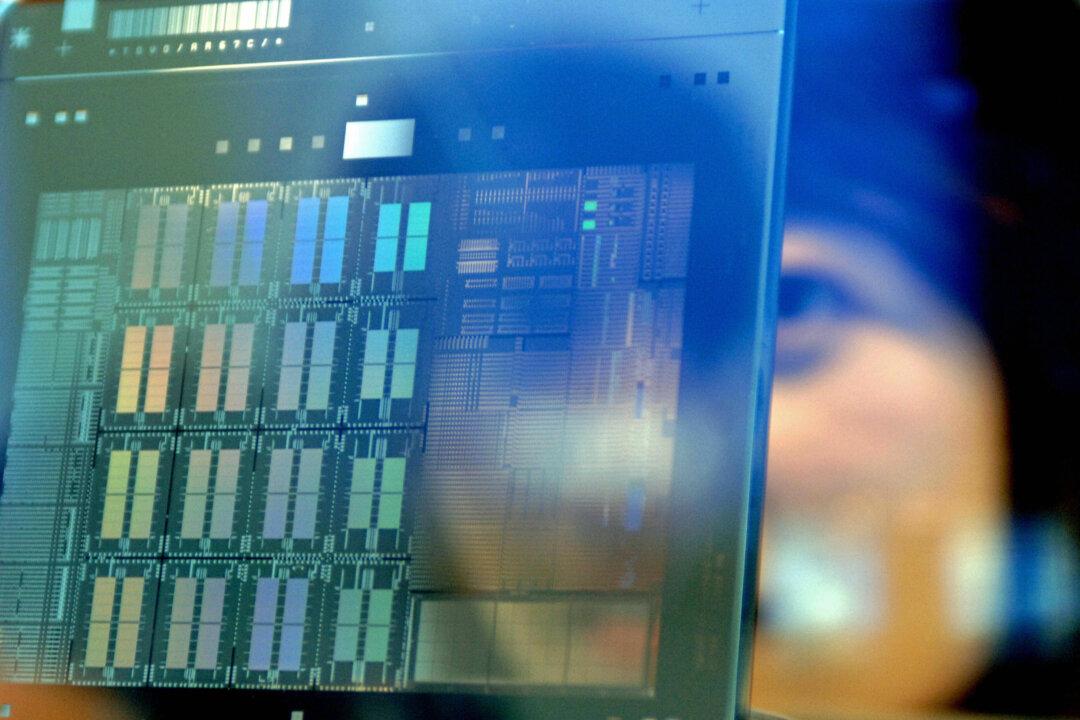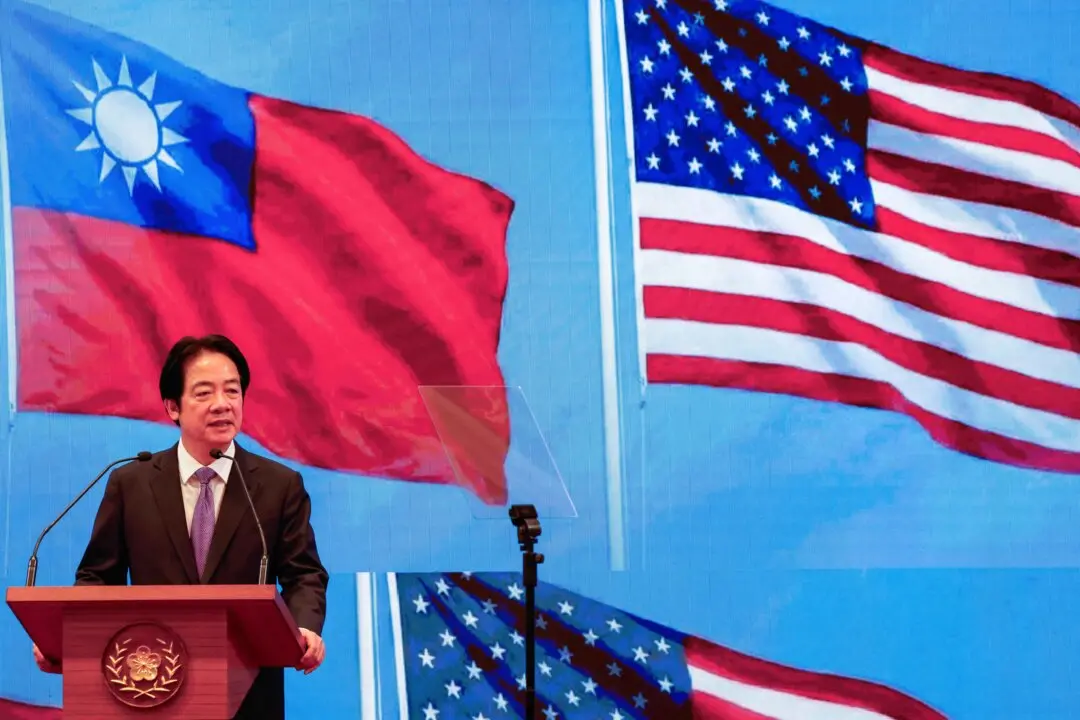TAIPEI, Taiwan—U.S. memory chipmaker Micron scored a major legal victory after a local court found two of its former employees guilty of passing trade secrets to a Chinese company.
Two engineers at Taiwanese contract chipmaker United Microelectronics Corp. (UMC) leaked technology from their former employer and used the trade secrets in a cooperation project with Chinese state-owned semiconductor manufacturer Fujian Jinhua Integrated Circuit, the court ruled. Their supervisor was also convicted for his involvement in the scheme.




